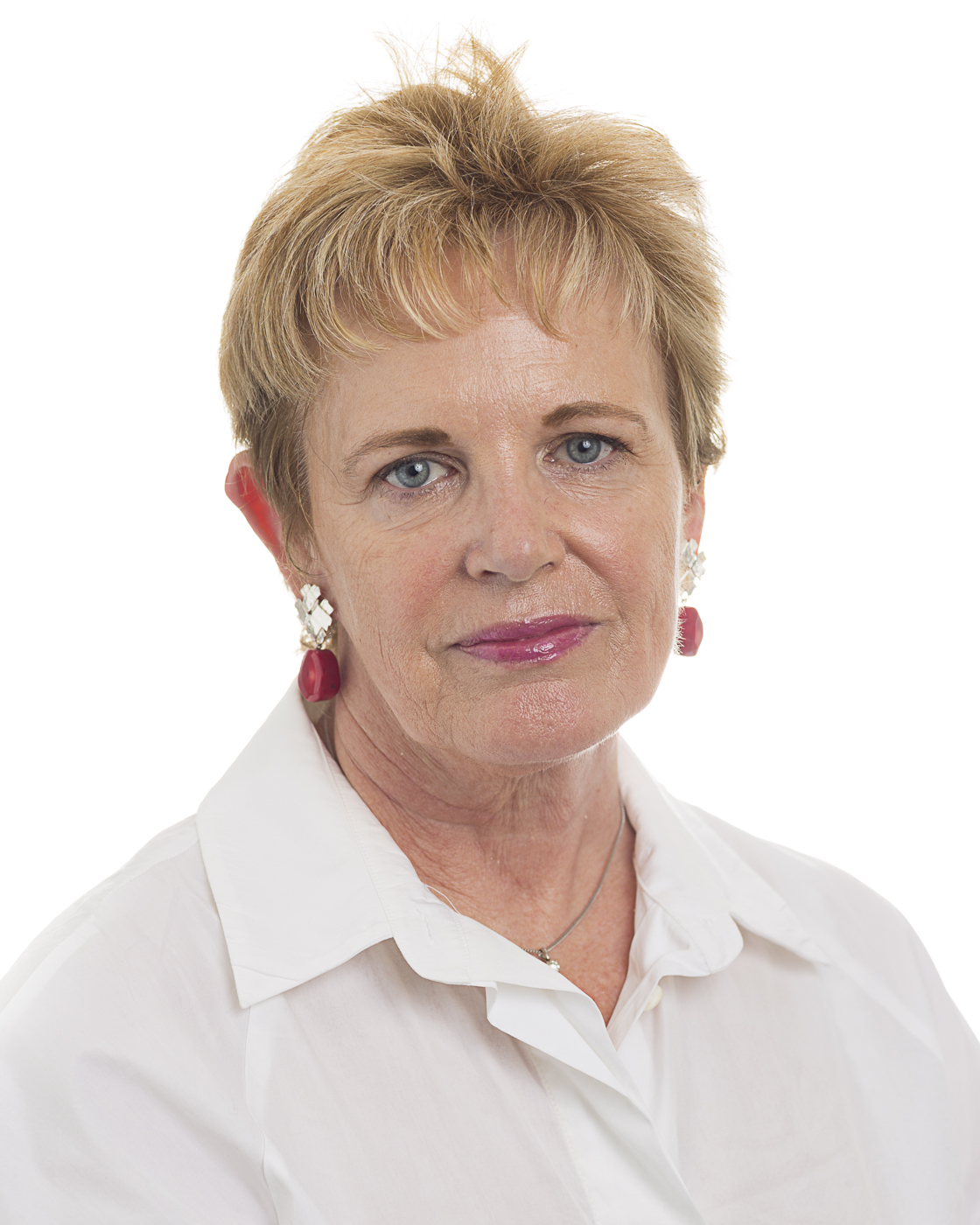MRS challenges ICO ruling and launches sugging hotline
13 February 2014

In September 2013, MRS made a complaint to the ICO regarding G4S use of call centres (particularly HMP Oakwood) to complete “life style surveys” into insurance coverage.
Whilst MRS received no response to a direct query about the script being used, ICO did manage to get this information.
The company involved is Census Data Ltd, also trading as Money Services Direct. Whilst ICO has ruled that after reviewing the script provided, it does not believe that the company has contravened rules on “selling under the guise of research” (sugging), MRS has uncovered information that has led us to challenge this ruling:
- On the ICO’s own data protection register, Census Data Ltd defines its reasons for processing information as:
- “to provide market research services” - The subsidiary Money Services Direct defines itself, in its own advertising for new employees as “a UK only based Market Research Company”
- Census Data Ltd is not a member of the Direct Marketing Association.
As a result of this information we have uncovered, MRS has asked ICO to review their decision, at the very least to consider and review Census Data Ltd’s notification on the Data Controllers’ register.
“Sugging” has a direct impact on trust in the handling of data and thus response rates, fundamental to the health of the research sector.
Direct marketing is of course an important and legitimate industry. Practitioners must conform to the ethical standards set out by the DMA, be transparent as to the reason for their cold calls and uphold the rules of the Telephone Preference Service. Market research practitioners should conform to the MRS Code of Conduct in place since 1954.
For the sake of the customer and the health of both sectors, the distinction between the practice of research and direct market must be absolutely clear.
In addition to asking the ICO to review this decision, MRS are:
- Completing a consultation into updating the MRS Code of Conduct to create even greater clarity between legitimate research and direct marketing.
- Reminding everyone that sugging@mrs.org.uk has been established for people to report on questionable use of “research” as a cover for other activities.
Codeline, our free professional standards advisory service handles hundreds of calls every year. One of its main benefits is helping practitioners and companies do the right thing.
So there is plenty of support and help for people to apply the right rules and demonstrate respect for the public from whom research draws its business.
Get the latest MRS news
Our newsletters cover the latest MRS events, policy updates and research news.











2 comments
Gordon Goodfellow24 Feb 2014
This does not surprise me, but what does surprise me is that an attempt at rectifying matters has come so late. There has been a blurring of distinction between market research and sales for over a generation. A "survey", in the public imagination, may well be a warm-up for a sales pitch, because sales people have been using the term for so long. When I was a team leader at NOP Telequest many years ago I had respondents refuse to take part in surveys because "we live in a council house" or "we're retired now". In other words, they were in no position to outlay money for something we were perceived as trying to sell. That was 30 years ago. The fact is that the volume of sales activity is much greater than the volume of bona fide research activity, and the popular consciousness has been attuned to the sales pitch. Surely this is not surprising, given that true MR activity is a drop in the ocean. Such a campaign to make people aware of the distinction between the two should have started decades ago. I don't think we're in a position to turn back the tide now; it's far too late. Most people, when asked what MR is, will respond by saying that it is something to do with selling. Exceptions to this will be media professionals, MR practitioners and interviewers themselves. The MR community perceives itself in a very different light to the reality.
Brian Short28 Oct 2014
I no longer take part in any telephone surveys, taking as much time as I can to explain that I want payment for my time, which usually brings the call to a swift end. On the other hand, if I see ladies garnering information in the street/airport and they are genuine, [ID] I sometimes offer my time if I can be of help. I was pleased that from your comments your industry recognises the bad influence it has on genuine research and I commend your efforts to stem the flow.